Earning a high ranking in Google search results is fantastic, but it means little if no one is clicking on your link. Improving your Organic CTR (Click-Through Rate) is vital to ensure that your pages attract more visitors.
In this article, we will dive into the nitty-gritty of organic CTR, why it matters and actionable tips to enhance it. Let’s turn your rankings into valuable clicks.
What is Organic CTR and Why Does It Matter?
Understanding Organic CTR
Organic Click-Through Rate (CTR) refers to the percentage of users who click on your link after finding it in the search engine results pages (SERPs). If 1,000 users see your link and 100 click on it, your organic CTR is 10%.
CTR is influenced by several factors, including your ranking position, the attractiveness of your title, URL and meta description.
Higher CTRs can lead to more traffic, better user engagement and ultimately, improved rankings over time.
Why Organic CTR is Important?
Although there’s no clear evidence that CTR is a direct ranking factor, it has an undeniable impact on your overall SEO strategy.
High CTR means more visitors, which can lead to more conversions and revenue.
Even if CTR isn’t a direct ranking signal, it’s crucial for maximizing the potential of your organic search presence.
Key Metrics and Benchmarks
What is a Good CTR for Organic Search?
There’s no universal “good” CTR as it varies by industry and search intent.
For branded terms, CTR can be close to 100%, while for generic terms, a good CTR might be around 10-20%. Generally, if you’re hitting over 2%, you’re on the right track.
Benchmark Data
Databox’s Benchmark data, collected from nearly 450 companies, shows a median CTR value of 1.99%.
While this is a helpful reference, it’s essential to calculate your own benchmarks using tools like Google Search Console.
Factors Affecting Your CTR
Google Universal Search Results
Google’s Universal Search Results mix various content types (videos, images, news) to provide the most relevant information.
If a competing content type dominates your keywords, it could temporarily lower your CTR.
Search Intent
Understanding user intent is critical. Informational searches may lead to lower CTRs since users often get their answers directly from the snippets without clicking through.
Device Type
CTR varies between desktop and mobile devices. Mobile users often scroll further and click on different types of results compared to desktop users.
Industry or Topic
Certain industries, like tech or finance, tend to have higher CTRs due to the demand for in-depth information.
How to Improve Your Organic CTR: 12 Proven Tips
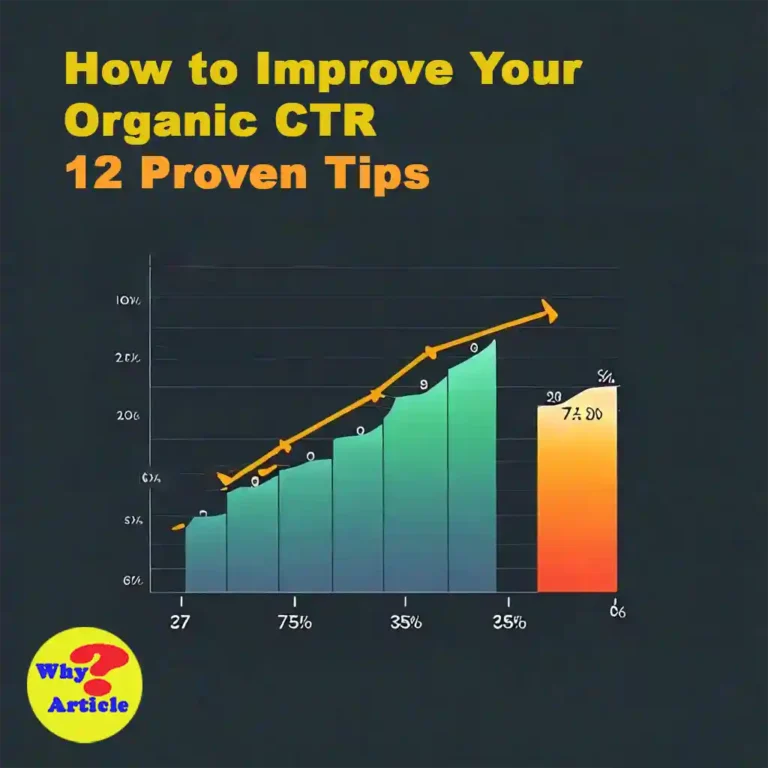
1. Craft Compelling Titles
Your title is the first thing users see, so make it count. Use numbers, power words, brackets and recent dates to make your titles more engaging.
Use Numbers
Titles with numbers attract more clicks.
For example, “7 Ways to Boost Your SEO“ is more appealing than “Ways to Boost Your SEO.”
Use Brackets
Brackets add extra information and can boost your CTR.
For example, “How to Write Better [Even if You’re a Beginner].”
Use Recent Dates
Including recent dates in your titles shows users that your content is up-to-date, which can increase clicks.
For example, “Best SEO Practices for 2024.”
Include Social Proof
If your content includes insights from industry experts, mention it.
For example, “Top 10 Marketing Tips [Backed by Experts].”
2. Optimize Your URLs
Short, descriptive URLs can improve CTR.
For example, www.example.com/boost-ctr is better than www.example.com/post?id=12345.
3. Write Engaging Meta Descriptions
A well-crafted meta description can significantly boost your CTR. It should be specific, include power words and answer a question if possible.
4. Leverage Rich Snippets and Featured Snippets
Rich snippets and featured snippets make your content stand out in SERPs. Use schema markup to enhance your chances of being featured.
5. Use Sitelinks
Sitelinks provide quick access to various sections of your website directly from the SERP, improving user experience and CTR.
6. Focus on Pages with Low CTR
Identify pages with high impressions but low CTR using Google Search Console. Optimize these pages to improve their performance.
7. Fix Keyword Cannibalization
Ensure that different pages on your site aren’t competing for the same keywords, which can dilute your CTR. Merge or differentiate similar content as needed.
8. Improve Page Load Time
Slow pages deter users. Use tools like Google PageSpeed Insights to improve your page load times.
9. Boost Brand Awareness with Retargeting
Use retargeting ads to remind users of your brand and encourage them to return and click on your organic listings.
10. Localize Your Content
Localized content can attract more clicks from users searching for specific regional information.
Use local keywords and create content relevant to your target areas.
11. Leverage PPC Ads
Using PPC ads to complement your organic listings can improve your overall visibility and CTR.
12. Provide Value and Original Content
Ensure your content is unique, valuable and well-researched. High-quality content naturally attracts more clicks.
Frequently Asked Questions
A good organic CTR varies by industry and search intent. Generally, anything above 2% is considered decent, but it’s essential to benchmark against your own data for more accurate goals.
Use Google Search Console to track your organic CTR. It provides detailed insights into your search performance, including impressions, clicks and average CTR.
Low CTR can result from various factors such as unappealing titles, irrelevant meta descriptions, slow page load times and poor ranking positions. Analyzing and optimizing these elements can help improve your CTR.
Featured snippets can increase your visibility and CTR by placing your content at the top of the SERPs. Optimize your content to answer specific questions concisely to increase your chances of being featured.
Tools like Google Search Console, Ahrefs, SEMrush and Moz can help you analyze and optimize your pages for better CTR.
Conclusion
Improving your organic CTR is not just about getting higher rankings but also about making your listings more attractive and relevant to searchers.
By following these tips and continuously optimizing your content, you can significantly increase your organic traffic and achieve better results.
Remember, it’s all about engaging your audience and providing them with the value they seek.


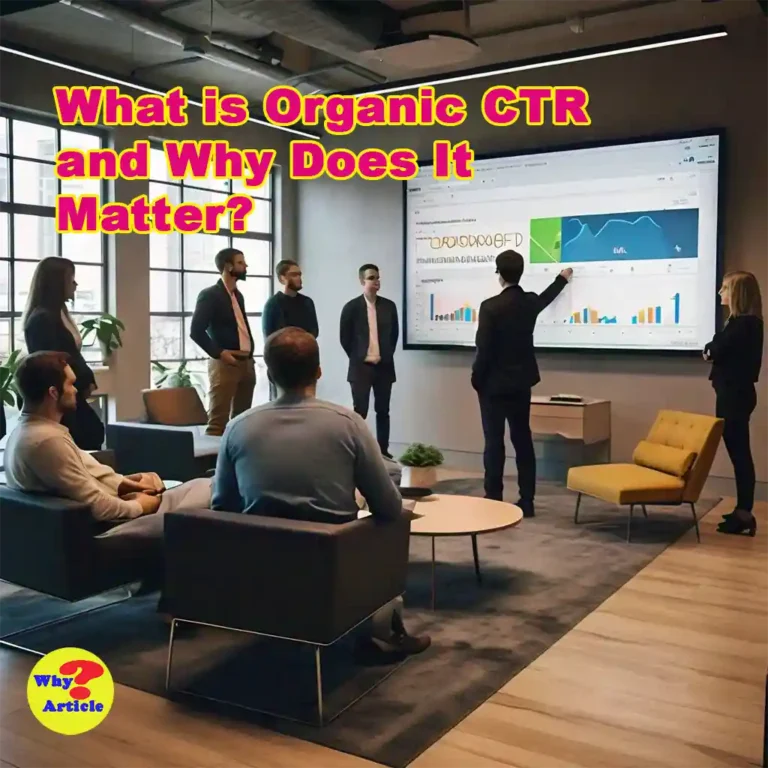
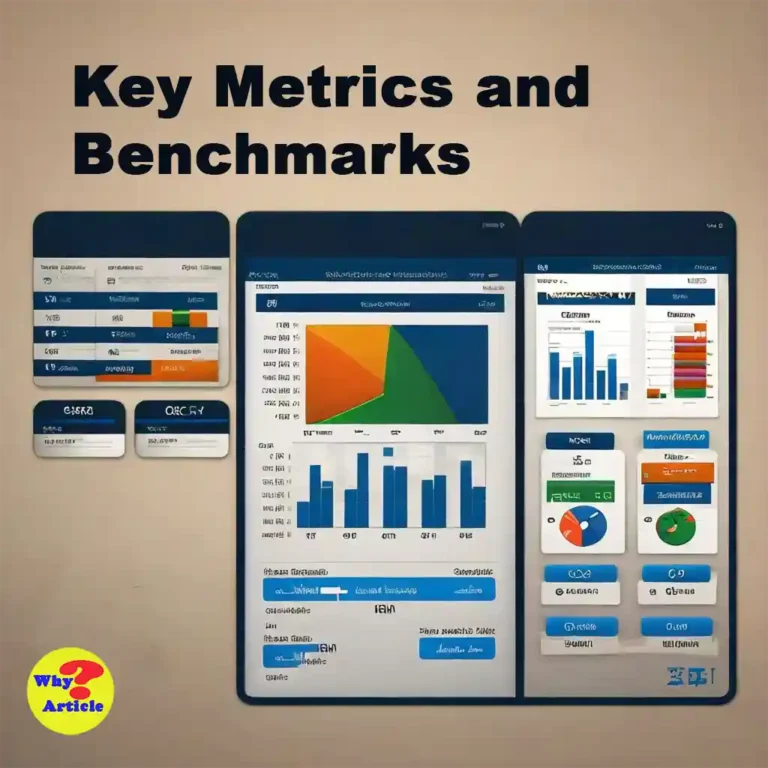
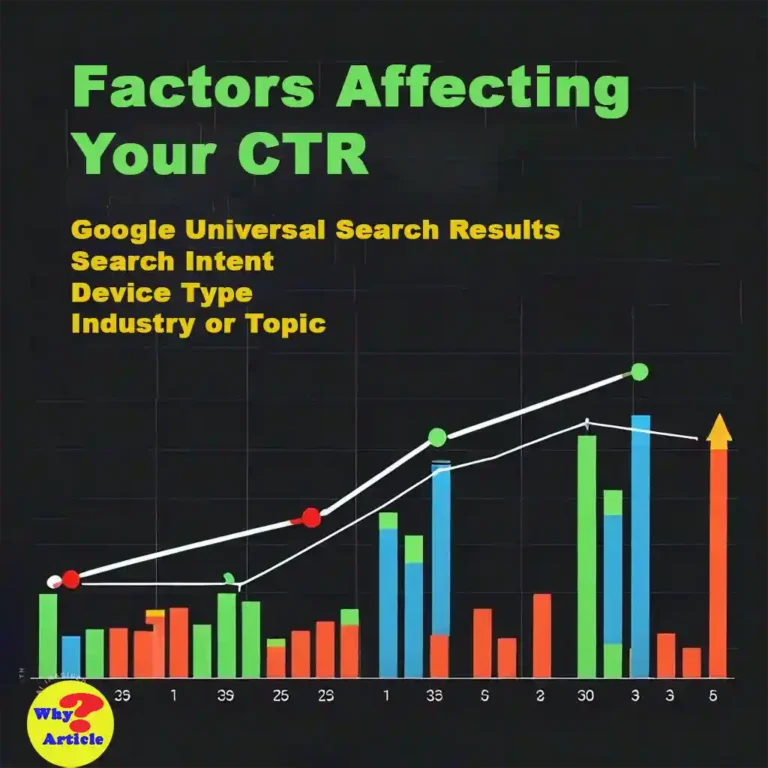
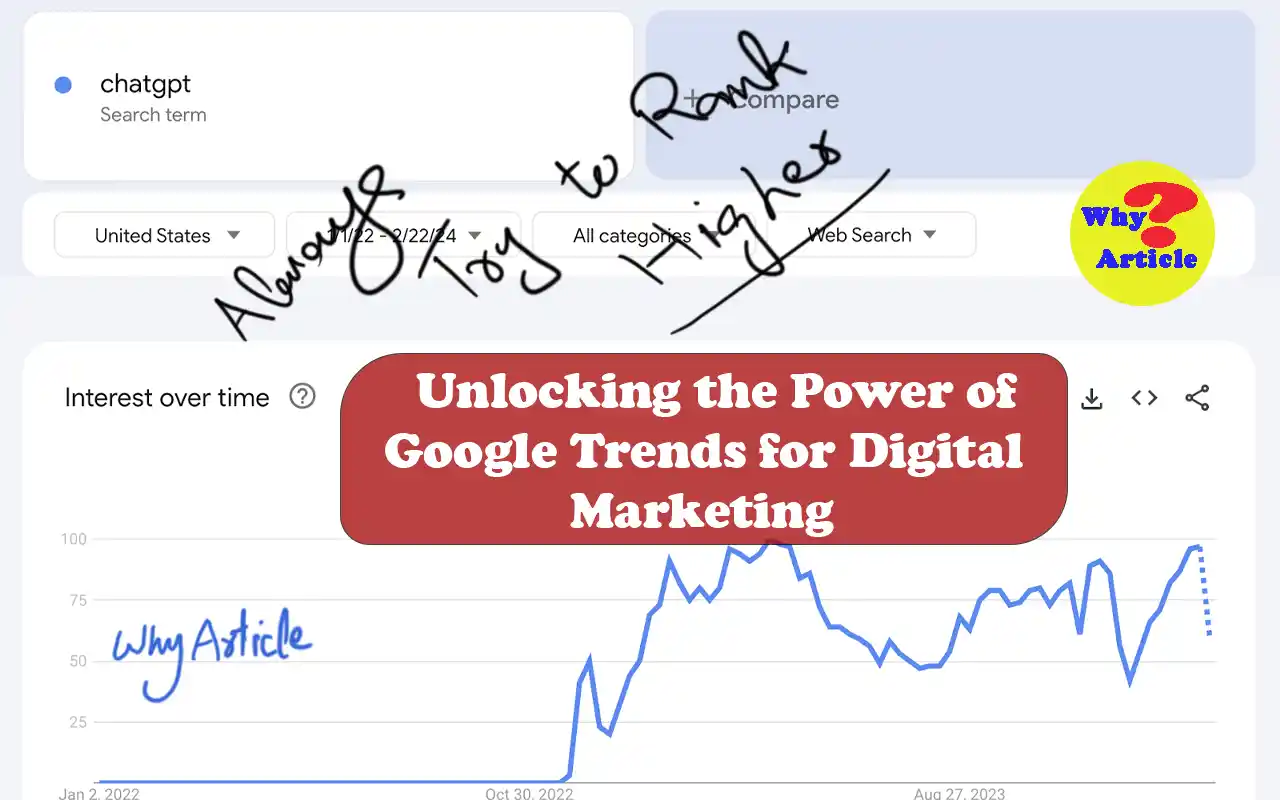

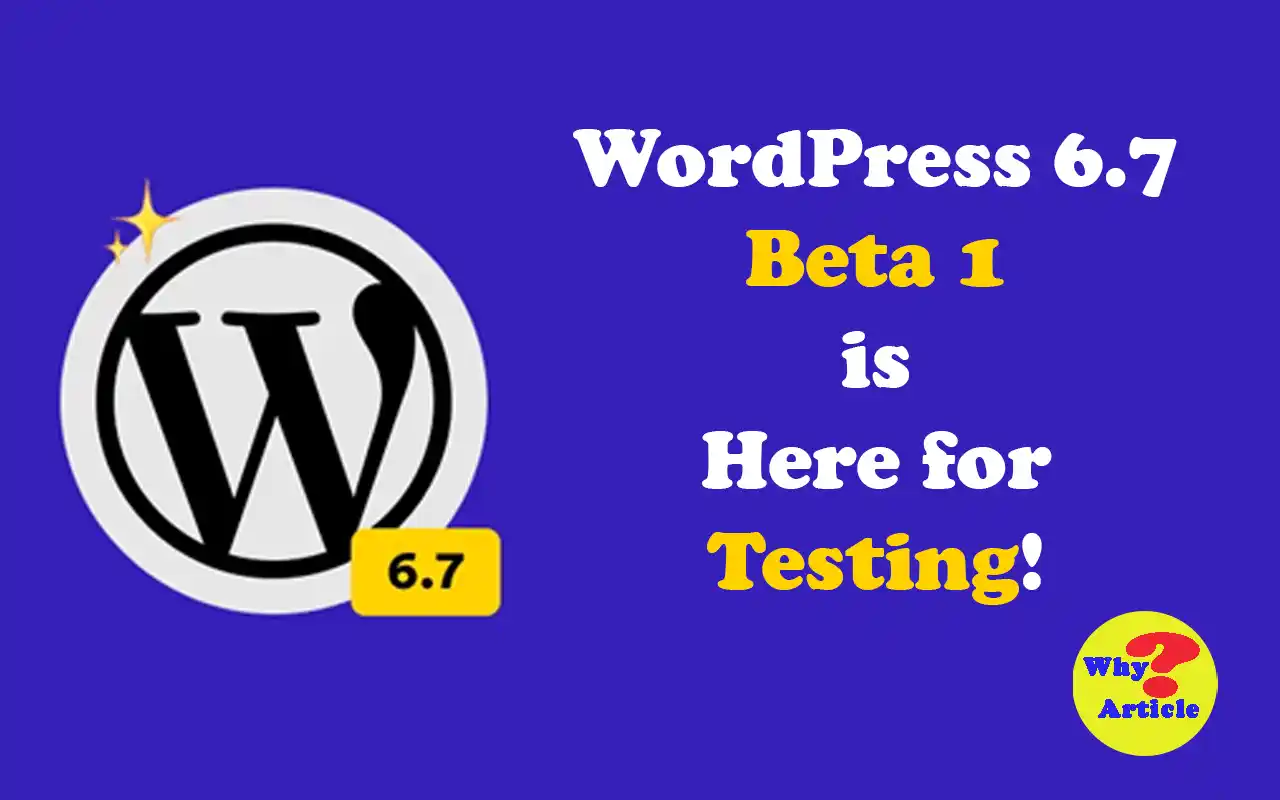
Thank you for this fantastic post! The information you provided is very useful and well-explained. I especially liked how you broke down complex concepts into easily understandable parts. Your writing is clear and concise, making it a pleasure to read. Looking forward to more of your posts.
Hi there! Just wanted to let you know how much I enjoyed reading this post. Your approach to the subject was unique and informative. It’s clear that you put a lot of effort into your writing. Keep up the great work, and I can’t wait to see what else you have in store.
Great article! I learned so much from it. Your in-depth analysis and thoughtful insights were very helpful. I appreciate the effort you put into writing this and sharing it with us. Thank you for your hard work and dedication to providing valuable content.
The writing is a masterpiece. You managed to cover every aspect with such finesse.
Greetings! I found this blog post to be incredibly informative and well-written. Your ability to break down complex topics into easy-to-understand language is truly a gift. Thank you for sharing your knowledge with us. I’m excited to read more of your posts in the future!
What’s up, I would like to subscribe for this website to get hottest updates, therefore where
can i do it please help.
Hello there! This is my first visit to your blog!
We are a group of volunteers and starting a new project in a community in the same niche.
Your blog provided us beneficial information to work on. You have done a wonderful job!
What’s up, just wanted to say, I enjoyed this blog post.
It was inspiring. Keep on posting!
Great article! I learned so much from it. Your in-depth analysis and thoughtful insights were very helpful. I appreciate the effort you put into writing this and sharing it with us. Thank you for your hard work and dedication to providing valuable content.
Greetings! I found this blog post to be incredibly informative and well-written. Your ability to break down complex topics into easy-to-understand language is truly a gift. Thank you for sharing your knowledge with us. I’m excited to read more of your posts in the future!
Hey there! I wanted to take a moment to let you know how much I enjoyed this blog post. Your insights were incredibly helpful and thought-provoking. It’s clear that you put a lot of effort into your writing. Thank you for sharing your expertise with us. Looking forward to your next post!
Thank you for this great post! I found the information you provided to be very helpful and well-explained. Your writing is engaging and easy to follow, making it a pleasure to read. I appreciate your hard work and dedication to creating valuable content. Keep it up!”